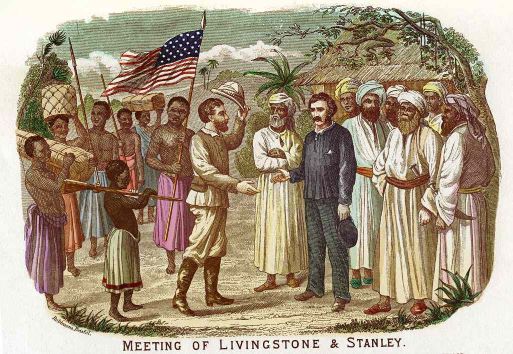HTU Research Team Leads the Charge in the Volta and Upper West Regions
By: Mohammed A. Abu
The Research Team of the Ho Technical University under its “Domestication of the African Baobab” Project has collected baobab germplasm from across the Volta region early 2024 and they are under conservation on the field.
The University can boast of at least 115 accessions of baobab. The baobab collection and conservation work was sponsored by Spearhead Spirit of South Africa.
Atmosmare of Finland on its part, is sponsoring the project this year to establish model baobab farms in the Volta and Upper West regions.
The Volta seedlings have already been transplanted,with the HTU-led baobab plantations already covering a total of 20 acres while the Upper West seedlings are also to be planted by the middle of July 2025.
The Team is also understanding the plant better than before and have since published some journal articles within the period with one of them confirming self-pollination of some genotypes of the baobab to be published in August 2025 by the African Crop Science Journal.
A book is also going to be published later in the year on baobab and marula and would be launched at the Ho Technical University (HTU) tentatively on the 18th of November. Chapters of the book have been written by several authors from Africa and Europe. Three of the authors are from HTU including, the Head of the Research Team who also doubles as one of the editors.
These were disclosed by Professor Kenneth Fafa Egbadzor, a plant breeding expert and Head of the the Ho Technical University’s “Domestication of the African Baobab” Project in a follow-up interview with your favourite, the Eco-Enviro News, Africa, magazine
Tanchara,Upper West Region Embraces Baobab Farming
Planting of HTU baobab seedlings Professor Egbadzor disclosed is expected in the Upper West region this month. The Team Prof Egbadzor said, had contacted the Tanchara Community in December,2024 resulting into the chiefs and elders as well as other community leaders acceptance of the project. Thus, he disclosed, agriculture station leaders have been trained to assist in the seedlings production.
Challenges Faced by Baobab Farmers
Regarding challenges baobab farmers are facing, Professor Egbadzor said, “the biggest challenge to baobab cultivation currently is destruction by cattle” adding, “This is very frustrating while Insect pest attack and flower abortion also need attention”.
Domesticated Baobab Lifespan
On whether the use of science to decrease the maturity period of the wild growing African baobab tree from fourteen (14) years to two (2) years could have any impact on its thousand(1,000) years average lifespan,he had this to say, “Yes and no because we don’t really know yet. The trunk size has reduced and may affect water storage and indirectly resilience. However, time is needed to confirm this or otherwise”.
Climate Change Impact Mitigative Measures
On what Climate Smart Agriculture(CSA) practices baobab farmers should pay particular attention to Prof said, “Intercropping baobab with annual crops may be a good idea”,” We are thinking of different intercropping systems, varying planting distances and different arable crops”.
Other Wild Growing Trees
On whether aside the baobab tree, the Team is also considering the country’s other numerous wild growing trees of socio-economic importance, Professor Egbadzor alluded to the fact that, there are several important trees that need research attention.
“The bad news from me is that there is so much to be done on baobab and that may not permit me to study other trees much.
“However, there is good news as well. Some of my colleagues working in other universities and research institutions are doing fantastic works on some other trees. Example is Dr. Anyomi’s work on shea. I love his work” Professor Egbadzor intimated.
The Eco-Enviro News, Africa magazine takes cognizance of Baobab fruit pulp’s relatively higher Vitamin C content compared with other fruits some scientific studies state.This therefore makes it a hot cake for beverage manufacturers in Europe and worldwide.The Omega 3 fat content of its seed oil, also attracts demand from edible oil manufacturers as well as, beauty care products manufacturers worldwide. We therefore sought to also find out if the farmers are being sensitized and educated on the enormous potential of the baobab farming venture into which they are getting involved?
In response, Prof Egbadzor said, “We are doing our best with the limited resources. It is a matter of time, and the baobab revolution would be reality. I believe”.




